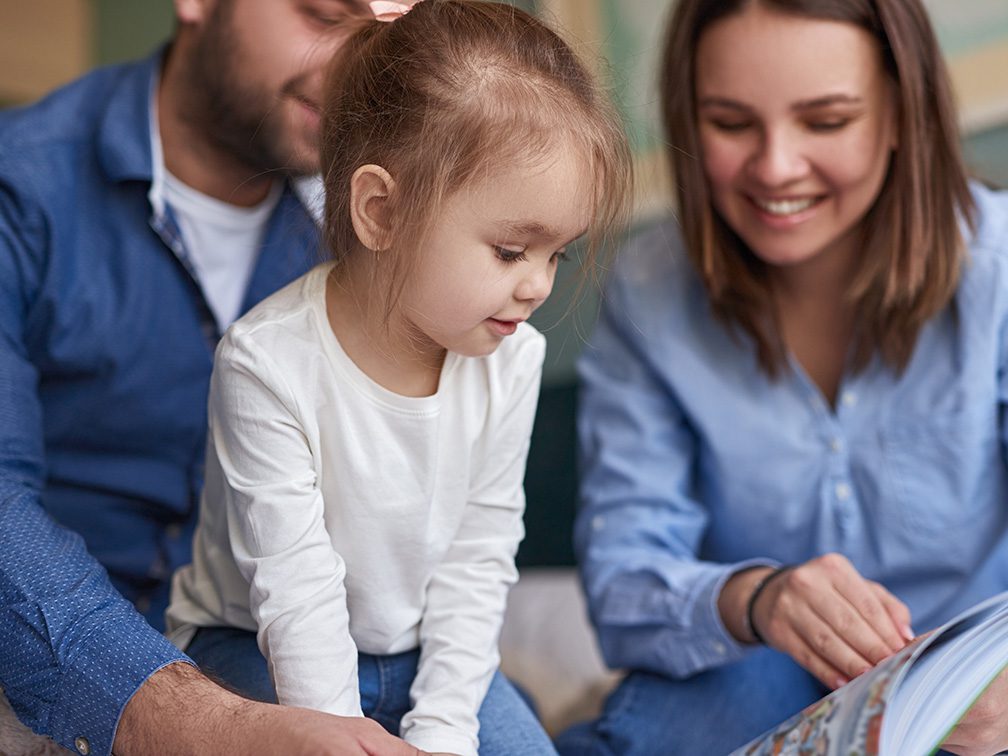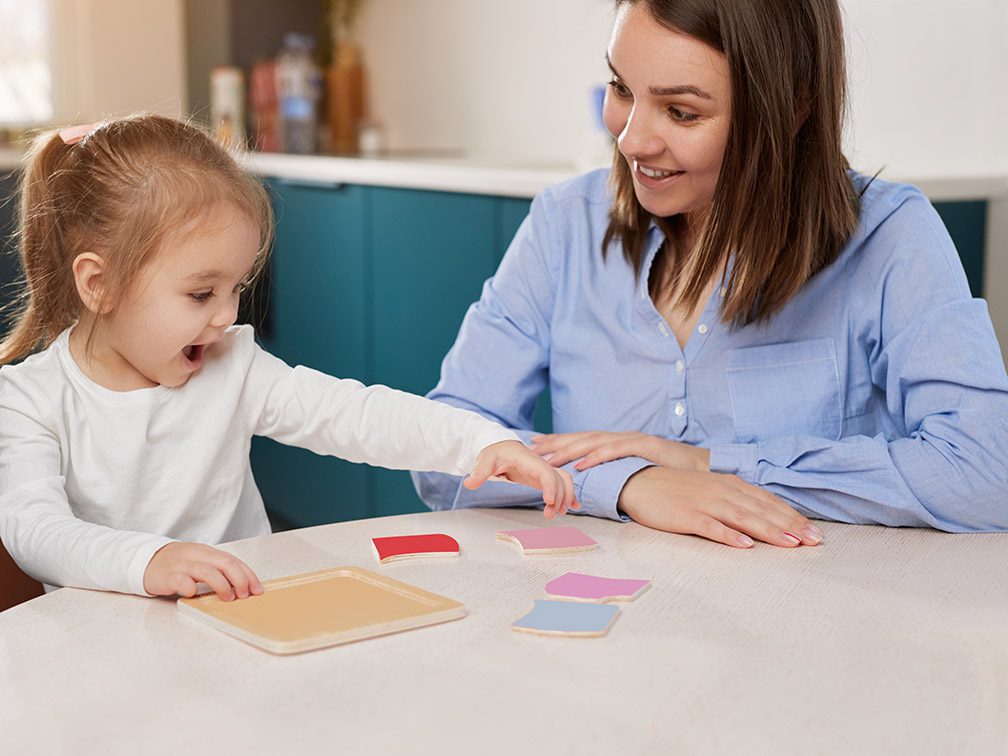What makes a good ABA program?

Before your child begins ABA therapy sessions, and throughout the ABA service, it’s important to be mindful of the indicators that make a good quality ABA program. Although there are many factors that make a good and effective ABA program, here are some of the main ones that you should look out for.
1. Important and relevant goals
Your ABA therapy team should be teaching skills that are going to be most important and relevant to your child. This includes early developmental skills, such as imitation and matching (particularly for young children), and skills that increase your child’s independence, such as self-care or daily living skills. Communication skills should always be targeted throughout your child’s program. Your child’s selected goals will be informed, in part, by their skills assessment. However, goals should also be informed by what is particularly important to you.
2. A Behaviour Intervention/Support Plan is in place (if required)
If your child engages in behaviours of concern, such as meltdowns, physical aggression or self-injury, a behaviour intervention plan (BIP) or behaviour support plan (BSP) should be developed. A comprehensive BIP/BSP should be skills-based, and not just a document that lists out strategies for tiptoeing around your child’s behaviours. BIP/BSPs should place a large focus on teaching behaviours that replace behaviours of concern, such as appropriately communicating for the things your child needs and wants. A BIP/BSP may also involve teaching toleration skills, such as when your child is being told ‘no’ to something that they are able to ask for (as life is full of inevitable disappointments!).
3. Skill generalisation and family involvement
It is likely that other individuals, such as yourself, other family members, and teachers, spend much more time with your child than their ABA therapists do. It makes sense that the people in your child’s life are also involved in your child’s ABA program. This is important so that the skills that your child learns during their sessions is also happening with others. It is even more imperative if your child is receiving less than the recommended ABA therapy hours, and if your child is engaging in behaviours of concern. This doesn’t necessarily mean that you need to implement therapy sessions with your child – your Behaviour Analyst should coach you on how you can implement everyday strategies to promote your child’s skill acquisition. It is also important that your child is demonstrating their learned skills in different environments (e.g., school, shopping centre), and not just in the place that therapy occurs.
4. Skill maintenance
Once your child achieves (or “masters”) a particular skill, it shouldn’t be completely forgotten! An effective ABA program ensures that mastered programs are still sometimes run (we may call them “maintenance checks”). The reinforcement schedule should also begin to be reduced, so that your child isn’t always relying on a reward each time they perform the skill.
5. Your child is making progress
The point of enrolling your child into an ABA program is to teach them valuable skills to help them live a happy, healthy, and independent life. It’s impossible to say how long it will take for your child to achieve their goals, as it varies for everyone. However, you should expect to see progress. ABA therapists take data for each skill acquisition program, which is then graphed. You can graphically see your child’s progress. It is also important to be realistic and to celebrate the little wins. Many children require intensive teaching, and unfortunately many do not receive this due to funding constraints. The good news is that you can be involved to speed up your child’s progress (as mentioned previously).
6. Your child enjoys their ABA therapy sessions!
If you’re feeling unhappy or bored, you probably aren’t going to engage in much learning. That’s why it’s important that your child develops a strong rapport with their therapist and is enjoying their sessions. Your child’s therapist will spend time playing, following your child’s lead and being the giver of good things! This will happen at the beginning of the therapeutic relationship, and throughout.
If you have any questions or concerns about your child’s ABA program, make sure to bring them up to the Behaviour Analyst or team leader. Strong communication between yourself and your child’s team is another indicator of an effective ABA program.
Published On : January 19, 2023
Read more
Published On : February 1, 2023
Here are a few helpful and handy tips on how to create a safe, motivating, and enriched environment in your home to set your child up for success!
Published On : February 1, 2023
We hope that some of these tips and strategies for ABA in school will help your child’s transition into the next chapter of their lives!


